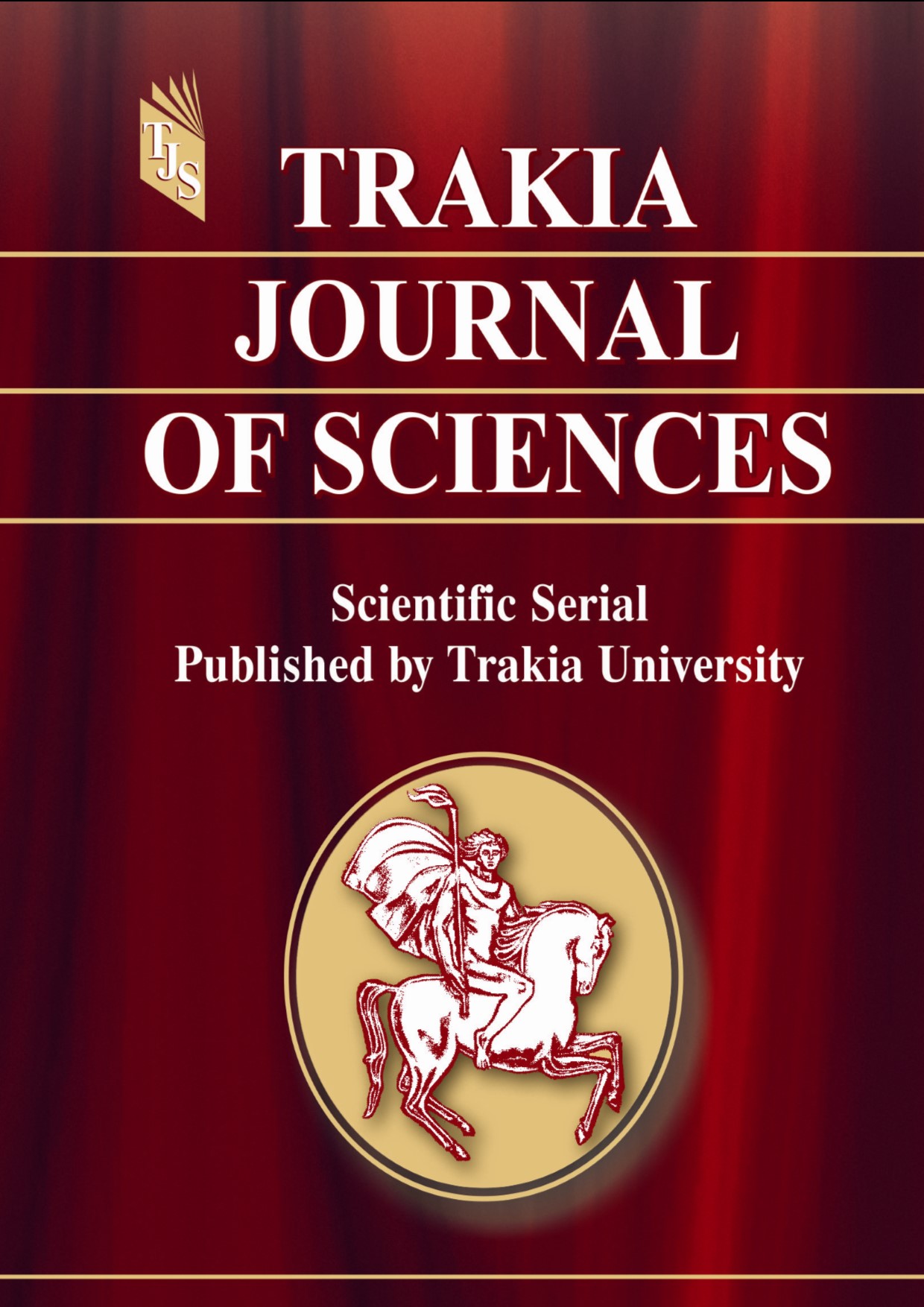TEACHERS’ PERCEPTION OF THE APPLICATION OF CONSTRUCTIVIST METHODS IN KOSOVO
DOI:
https://doi.org/10.15547/tjs.2024.s.01.010Keywords:
application, constructivist methods, perception, teachingAbstract
Purpose: The objective of this research study is to explore teachers’ perceptions of the application of constructivist methods during the teaching and learning process in primary school. Methods: In this study, the qualitative research method was used. A semi-structured interview was used as an instrument for data collection. The interviews were conducted with the teachers of grades I to V. The study was conducted in four primary schools of the municipality of Vushtrri, with a total of 20 teachers of grades I to V. The analysis of qualitative data was done through thematic analysis. Results: The analysis identified several key themes, including the perceived benefits of constructivist methods in increasing student engagement and understanding, the challenges of implementing these methods in the classroom, and the need for ongoing professional support and adequate resources. Educators emphasize the need to create conditions for the use of constructivist methods by education policy makers. Furthermore, the research has contributed to increasing the awareness of teachers for the application of constructivist methods regardless of the challenges they encounter during their application. Conclusion: Based on the findings, this study proposes a constructivist approach, challenging teachers who focus on the traditional approach.
References
Tomaskinova, J., Tomaskin, J., & Jadudova, J. (2012). The values education as a key pillar of education in the context of sustainable development. In ICERI2012 Proceedings (pp. 2974-2978). IATED.
Gray, A. J. (1997). Constructivist teaching and learning (pp. 97-07). Regina, SK, Canada: Saskatchewan School Trustees Association.
Piaget, J. (1954). The construction of reality in the child. New York: Basic Books.
Dewey, J. (1929). The sources of a science of education. New York: Horace Liveright.
Vygotsky, L. (1978). Mind in society: The development of higher psychological processes. Cambridge, MA: Harvard University Press.
Woolfolk, A.(2011). Educational Psychology. Tiranë: CDE
Olsen, D. (1999). Constructivist principles of learning and teaching methods. Education. Vol 120
Makgato, M. (2012). Identifying constructivist methodologies and pedagogic content knowledge in the teaching and learning of technology. Procedia-Social and Behavioral Sciences, 47, 1398-1402.
Jumaat, N. F., Tasir, Z., Halim, N. D. A., & Ashari, Z. M. (2017). Project-based learning from constructivism point of view. Advanced Science Letters, 23(8), 7904-7906.
Gangwar, S. (2017). Effectiveness of project based learning (constructivist learning approach) on students achievement in science at secondary level. Educational Quest, 8(3), 737-741.
Kemp, S. (2011). Constructivism and problem-based learning. Learn. Acad., 1, 45-51.
Choe, K., Park, S., & Yoo, S. Y. (2014). Effects of constructivist teaching methods on bioethics education for nursing students: a quasi-experimental study. Nurse education today, 34(5), 848-853.
Perdana, R., & Atmojo, I. R. W. (2019, March). A conceptual of teaching models inquiry-based social constructivism (IbSC). In IOP Conference Series: Earth and Environmental Science (Vol. 243, No. 1, p. 012110). IOP Publishing.
Akbulut, M. S., & Hill, J. R. (2020). Case-Based Pedagogy for Teacher Education: An Instructional Model. Contemporary Educational Technology, 12(2).
Butler, M. B., Lee, S., & Tippins, D. J. (2006). Case-based methodology as an instructional strategy for understanding diversity: Preservice teachers’ perceptions. Multicultural Education, 13(3), 20-26.
Castronova, J. A. (2002). Discovery learning for the 21st century: What is it and how does it compare to traditional learning in effectiveness in the 21st century. Action research exchange, 1(1), 1-12.
Azizinezhad, M., & Hashemi, M. (2011). Technology as a medium for applying constructivist teaching methods and inspiring kids. Procedia-Social and Behavioral Sciences, 28, 862-866
Matthews, B., & Ross, L. (2010a). Metodat e Hulmtimit. Udhëzues praktik për shkencat sociale dhe humane. Tiranë: CDE.
Clarke, V., & Braun, V. (2017). Thematic analysis. The Journal of Positive Psychology, 12(3), 297–298. https://doi.org/10.1080/17439760.2016.1262613
Gusango, E. H., Ocheng, M. T. K., Wambi, M., Buluma, A., & Tusiime, W. E. (2024). Constructivists’ Teacher-Preparation Strategy for Crossover to the 21st Century: A Case of Eastern Uganda. GPH-International Journal of Educational Research, 7(04), 139-156.
Ngo, T. T. A. (2024). Perception of Engineering Students on Social Constructivist Learning Approach in Classroom. International Journal of Engineering Pedagogy, 14(1).
Ntlhare, L. A., & Mohlaloka, S. M. B. (2024). Foundation Phase Teachers’ Point of Views Towards Using Social-Constructivism Learning Theory in Professional Development. International Journal of Advanced Research in Education and Society, 6(2), 614-624.
Özkan, E. Ç. (2022). Scaffolding as Teachers' Guidance Role in the Context of Constructivist Learning Approach. Journal of Educational Issues, 8(1), 399-419.

Downloads
Published
Issue
Section
License
Copyright (c) 2025 Trakia University

This work is licensed under a Creative Commons Attribution-NonCommercial 4.0 International License.


